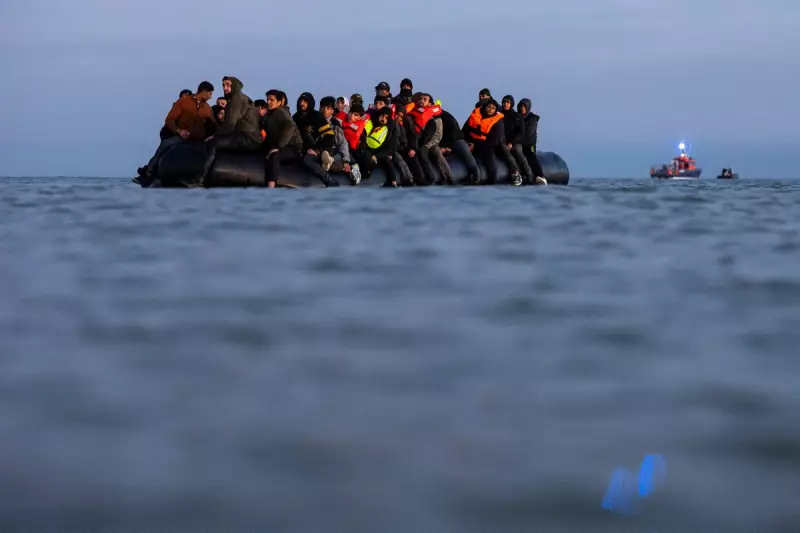
As Keir Starmer settles into Number 10, he faces an immigration challenge of monumental proportions - one that his predecessor's Brexit obsession directly created and exacerbated. The small boats crisis, far from being an unavoidable phenomenon, represents the predictable consequence of severing ties with crucial European cooperation mechanisms.
The Returns Agreement That Was
Before Brexit, the UK operated under the Dublin Regulation, which allowed for the return of asylum seekers to the first EU country they entered. This simple but effective mechanism provided a crucial deterrent against Channel crossings and maintained orderly processing of claims.
The consequences of abandoning this system have been stark:
- A 65% increase in small boat arrivals since the Brexit referendum
- No effective returns mechanism to EU nations
- Created pull factors for dangerous crossings
- Overwhelmed the UK's asylum processing capacity
Brexit's Immigration Paradox
Ironically, the Conservative government's flagship policy to "take back control" of borders has resulted in precisely the opposite outcome. By dismantling the returns agreement, the UK lost its primary tool for managing irregular migration across the Channel.
The much-vaunted Rwanda scheme, now abandoned by Starmer, represented a desperate attempt to create an alternative deterrent without addressing the fundamental policy failure. At an estimated cost of £2 million per person, it stood as one of the most expensive and legally questionable immigration policies in modern British history.
Starmer's Inheritance
The new Prime Minister now faces the monumental task of rebuilding European cooperation while managing public expectations. The political landscape has shifted dramatically, with immigration remaining a top concern for voters across the political spectrum.
Key challenges for the Starmer administration include:
- Negotiating a new returns agreement with the EU
- Clearing the backlog of asylum cases
- Rebuilding processing capacity
- Managing public perception during transition
The Path Forward
Experts suggest that meaningful progress will require swallowing some political pride and acknowledging that certain aspects of EU cooperation served British interests. The new government's approach appears to recognise this reality, with early signals pointing toward pragmatic re-engagement with European partners.
However, the political tightrope remains precarious. Any perception of "surrender" to Brussels could prove damaging, while failure to stem the crossings would represent a significant political vulnerability.
The small boats crisis stands as perhaps the clearest example of Brexit's unintended consequences. As Starmer navigates this inheritance, he must address not just the symptoms but the fundamental policy failure that created the current chaos.






